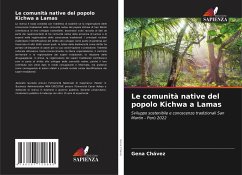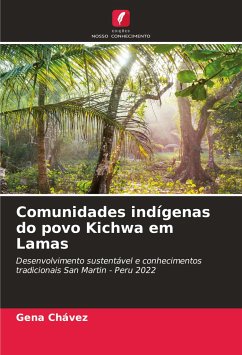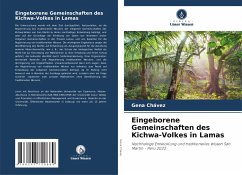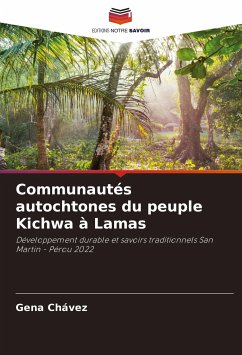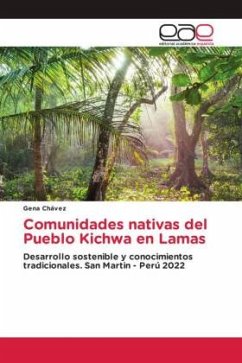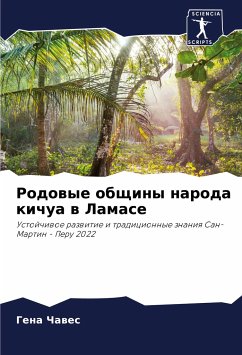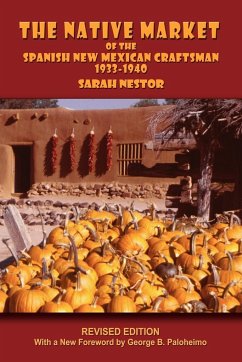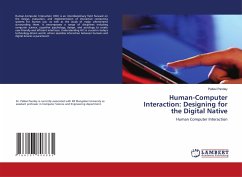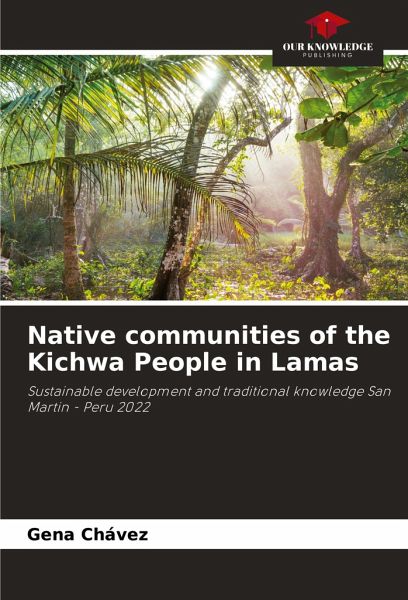
Native communities of the Kichwa People in Lamas
Sustainable development and traditional knowledge San Martin - Peru 2022
Versandkostenfrei!
Versandfertig in 6-10 Tagen
53,99 €
inkl. MwSt.

PAYBACK Punkte
27 °P sammeln!
The research is developed with the objective of establishing if the registry of traditional knowledge of the native communities of the Kichwa people of San Martin contributes to their sustainable development, based on the collection of data from representatives of three native communities of the province of Lamas and experts in the registry of traditional knowledge. The outstanding results highlight the identification of the right to development as a starting point for the exercise of other human rights such as: the protection of biodiversity as a right has led to the implementation of actions...
The research is developed with the objective of establishing if the registry of traditional knowledge of the native communities of the Kichwa people of San Martin contributes to their sustainable development, based on the collection of data from representatives of three native communities of the province of Lamas and experts in the registry of traditional knowledge. The outstanding results highlight the identification of the right to development as a starting point for the exercise of other human rights such as: the protection of biodiversity as a right has led to the implementation of actions for its conservation and protection; cultural identity through self-recognition, free organization, territorial control and registration of traditional knowledge; and the reduction of inequalities. In short, the registration of traditional knowledge contributes only partially to the right to development of native communities, since their contribution is not made in a conscious and informed manner, but as a consequence of isolated State or private actions without identification of traditional knowledge.





